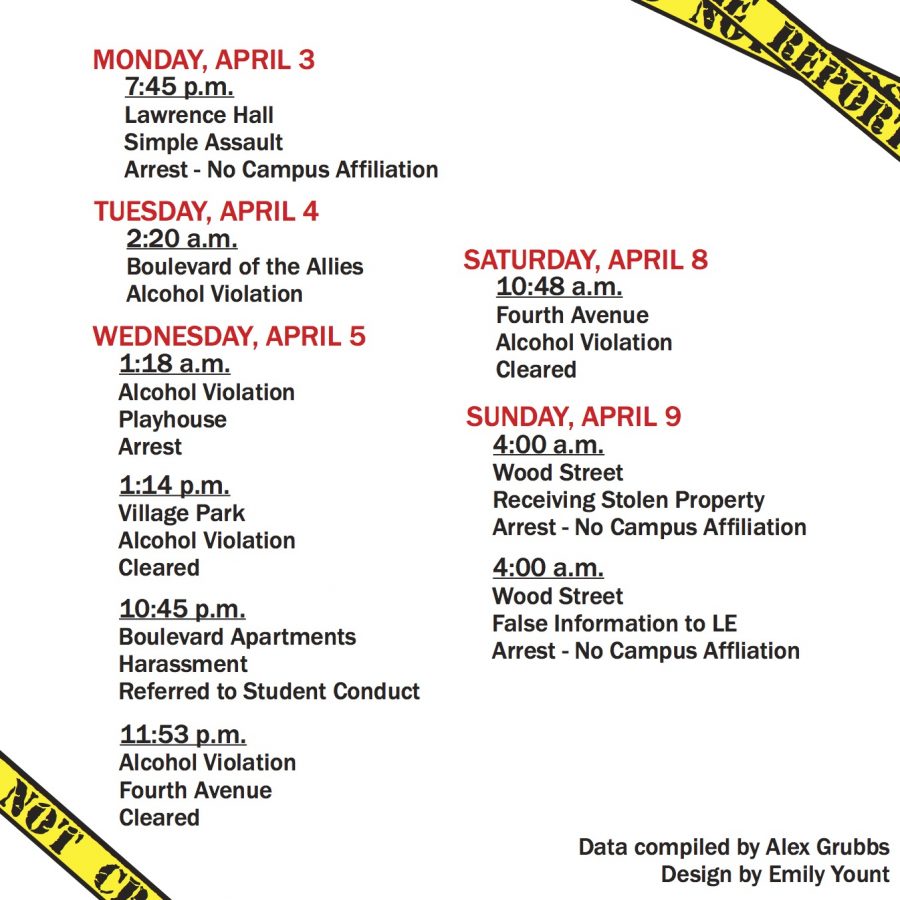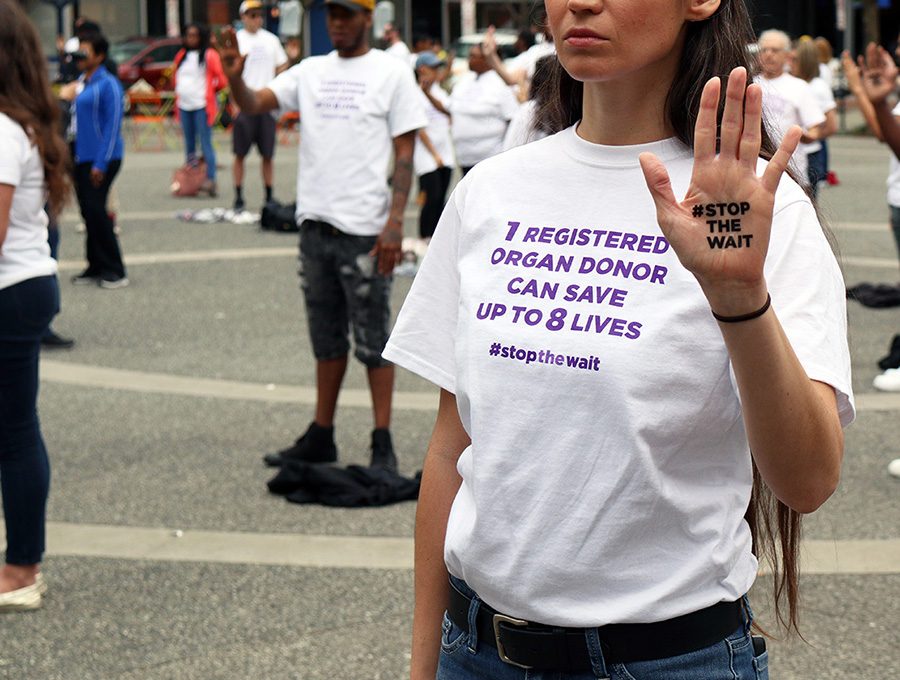When I tell people I went to Africa this summer the first question I get asked always sounds like, “Why’d you go?” The immediate answer they’re expecting usually revolves around missionary work, because that’s why a lot of people go to Africa or a third world country. My answer doesn’t involve missionary work, but it did start with a simple fundraiser to build a house.When my godmother Kim felt the call to ministry she began attending the Evangelical Theological Seminary in Myerstown, Pennsylvania. Here she met Amos Ngeze, a professor at the Nassa Theological College in a district called Bulima in central Tanzania. The college provides him a home while he teaches at the college, but otherwise he lives in a remote village called Kifufu, located about an hour outside of a town called Geita in Northwestern Tanzania.When Amos went back to Bulima after he finished schooling Kim kept in touch through e-mail (luckily the college had a computer lab). Soon after our church’s Vacation Bible School raised money to build a house for Amos in Kifufu; with $3500 Amos could have an entire house built. Construction on the house reached completion in the fall of 2009, and Kim started thinking of going to see it in person.While I sat on my bed in Lawrence Hall one February evening I received a text sounding something like “Hi Camelia, would you like to go to Tanzania with me?” When I texted my parents about it my response was, “we’re leaving this decision up to you.” Of course, I couldn’t pass up that opportunity.Thus began the journey to get to Africa: months of planning, buying, saving, e-mailing, making lists, shots and medications, more buying and packing. Kim and I were both apprehensive and a little scared, but more excited. We didn’t know the language and we were hoping and praying that Amos would be there when we arrived at the Kilimanjaro International Airport. If he wasn’t, we had no way of reaching him. We left Baltimore-Washington International Airport in the morning of Monday, July 19. Three flights and three continents later we reached Kilimanjaro. We were immediately met with cultural differences: we got off the plane, right onto the pavement and walked inside the airport to baggage claim. The Kilimanjaro airport not only has next to no security, but the doors are open, birds fly in and out, and the floors are wooden. To our relief we found Amos and a friend waiting for us, and we drove the 45 minutes into the city of Arusha, where we stayed the night in The Impala Hotel.The next morning we got up bright and early to get to the bus station to take the public bus from Arusha to Mwanza, where we then would catch a taxi to the district of Bulima where Amos lives. We learned on the bus ride that the roads between towns in Tanzania aren’t paved, but the buses still travel 45-50 mph, so vehicle problems are bound to happen. The bus ride took 14 hours instead of 12 because the axle broke; when this happened, no one complained or raised any hell, they simply got off the bus and sat on the hill. Kim and I were baffled at the flexibility of everyone’s schedules and patience for those two hours that we sat there.We finally got to Bulima on Thursday morning after having to spend the night in the city of Mwanza. Another lesson: most people don’t drive at night for fear of breaking down and the uncertainty of what could happen. Finally, we reached the Nassa Theological College.The local experience we got with the Ngeze family outshines any tourist experience. There’s something special about the Tanzanian people; there’s a life about them that resembles nothing like the cultural attitude of America. We got to see this first hand, from the public buses to the countryside to inside the remote villages. These people have literally almost nothing, and yet they have so much life. They’re a friendly, smiling, happy people and they genuinely wanted to know us. While with the Ngeze family I made a second family and a second home. Amos has five children ranging from 13 years to 15 months. I became their playmate. I learned to cook local dishes and I helped get milk from the man who brought it in jugs on his bike every day. I went to a soccer game with 11-year-old Illakoze, got shown around all the schools by the 13-year-olds Shimwe and Sarah and I got Swahili lessons from Mercy, Amos’s wife. I played all day with 3-year-old Maria and 15-month-old Imerida.One weekend we went to Kifufu to see the house and for Kim to preach at the local church service. For many in Kifufu, Kim and I were the first Americans they’d ever seen. The villagers not only decorated the church for our visit, but they showered Kim and I with gifts and ceremonial dances. They also prepared a large feast for after the three and a half hour service; they killed a goat for us! As we left the church, dozens of kids ran behind our car.The house our Vacation Bible School raised money for sits on a beautiful piece of land with a mountainous countryside view. The next project we started this year raises money for a well in Kifufu; the people walk about four miles round trip to get water each day. When Amos told this to the church congregation we got cheers of excitement and happiness, and hopefully in two or three years Kim and I can hand deliver the money to the village. The people of Kifufu taught Kim and I a lesson of love. I have never shaken so many hands, taken so many pictures of and with people and felt so much love from total strangers. After only half a day there I was sad to go.Three days after returning to Bulima Kim and I said tearful goodbyes to the kids and Mercy. Amos escorted us into the city of Mwanza by public bus and stayed the night with us in a hotel so we could already be in Mwanza and be at the bus station by 5:30 a.m. Once Kim and I got on the bus, we were on our own until the next day when we met up with the safari group for phase two of our trip. This time the bus took 15 hours due to three breakdowns. I learned this trip that the African people have no sense of personal space, nor do they say “sorry” or “excuse me.” Finally (and to my relief), we got off the bus in Arusha and made it to The Outpost Lodge safely. Here we found a nice restaurant and even computers, and I will never complain about American internet again!
Adventures in Africa
Written By Camelia Montoy
•
June 29, 2016
0
Navigate Left
-
 Web-ExtrasCrime Report: April 3rd - 9th
Web-ExtrasCrime Report: April 3rd - 9th -
 Web-ExtrasStop the Wait flash mob takes over Market Square
Web-ExtrasStop the Wait flash mob takes over Market Square -
Web-ExtrasPolice chief returns to alma mater
-
Web-ExtrasAs it happened: Students Cover Inauguration
-
Web-ExtrasStudents gather for final presidential debate watch party
-
Web-ExtrasTobacco products given new flavors, appeal to younger demographic
-
Web-ExtrasUniversity Center hosts PodCamp 6
-
Web-ExtrasWalk Off the Earth rocks Mr. Smalls
-
Web-ExtrasWest of Memphis: Voices for Justice encourages hope, support
-
Web-ExtrasWhat I Wish I Knew
Navigate Right

